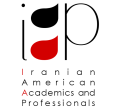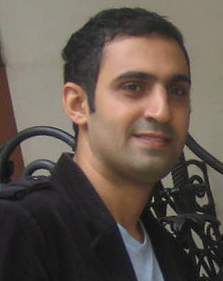Date & Time: Thursday October 11, 2012 – 7:30 PM
Location: Montgomery Community College (Rockville Campus) – Humanity Building (HU), Conference Room 009 (Get Directions, Campus Map )
Speaker: Mitra M. Lore
Synopsis:
This talk focuses on designing one’s future for maximum fulfillment. More than half of the college-educated workforce of all ages report that they are unsatisfied by their careers. The majority of recent graduates are uncertain of their future direction. Half of marriages fail, and many of those that remain are less than happy. It often seems that our choices are a very limited set of options over which we have little say.
Based on her first-hand experience with hundreds of career-changers, young people choosing a career for the first time, and people both seeking and finding a more fulfilling personal life, Mitra Lore will present a view that it is possible to realize both achievement-oriented goals while, at the same time, living a life that fosters inner wellbeing.
About the Speaker:
Mitra Mortazavi Lore, born and educated in Tehran, Iran, she moved to Washington DC area in 1979. She is a director of Rockport Institute, a global leader in developing career coaching methodologies for people seeking a high level of personal satisfaction and success in the workplace. Rockport institute was founded by Mitra’s husband, Nicholas Lore, in 1981. Rockport Institute clients include a wide range of individuals; from students choosing their majors, young people choosing career paths, to mid-career changers, entrepreneurs and senior executives.
Mitra, along with her work with Rockport, has created the course “Having it All” which she has been leading to groups since the mid- 90’s. She is the recipient of the National Capital Area Peacemaker Award. Mitra has a BA in political science and is also an artist. Her favorite art form is making steel sculptures.
Fee (including dinner): $5 Students, $15 Public
RSVP: Please click here to RSVP for dinner.



